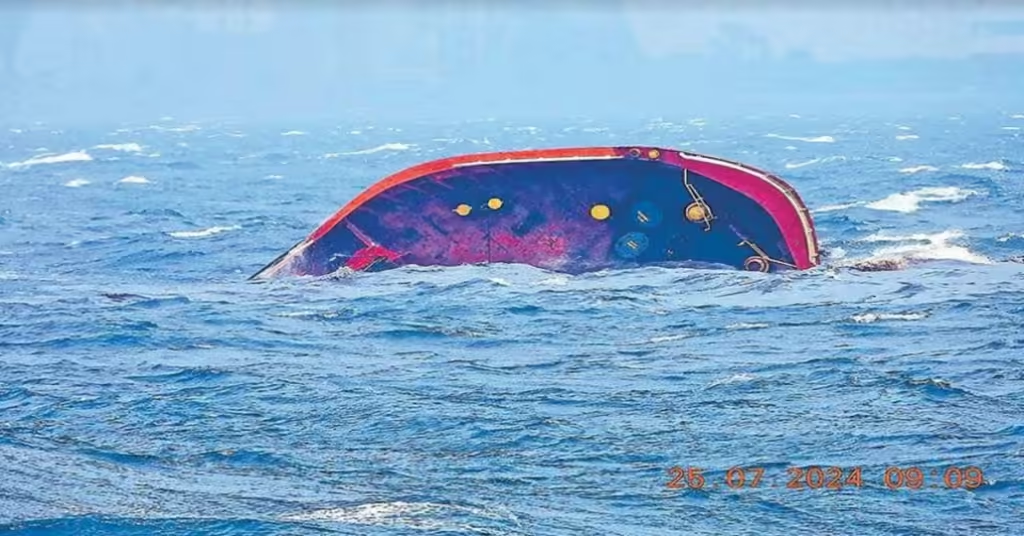Ship carrying 1.4 million litres of oil sinks near Philippines: How oil spills impact the environment

A recent maritime disaster has raised significant concerns as a ship carrying 1.4 million liters of oil sank near the Philippines. This catastrophic incident poses a severe threat to marine life, coastal ecosystems, and local communities dependent on these waters for their livelihoods.
Oil spills release large quantities of hydrocarbons into the marine environment, leading to immediate and long-lasting detrimental effects. One of the most visible impacts is the formation of oil slicks on the water’s surface, which hinder the evaporation of water and the exchange of oxygen with the atmosphere. This results in hypoxic conditions that suffocate marine organisms, from plankton to larger fish and marine mammals.
Oil’s toxic components affect marine life through both physical contact and ingestion. Birds and marine mammals can become coated in oil, impairing their ability to regulate body temperature and buoyancy, often leading to hypothermia, drowning, or poisoning as they ingest the oil while preening or feeding. Fish and other marine organisms absorb toxins through their gills or digestive systems, which can lead to mutations, reproductive failures, and death.
Far-Reaching Ecological Consequences
Furthermore, the impact of oil spills extends beyond the immediate vicinity of the spill. Currents and wind can spread the oil over vast distances, contaminating new areas and causing widespread ecological damage. Fragile coastal ecosystems such as mangroves, coral reefs, and saltwater marshes are particularly vulnerable, as oil can persist in these environments for years, impeding growth, reproduction, and overall health of plant and animal species.
Local communities often face both environmental and economic repercussions. Fisheries can be devastated, leading to food shortages and loss of income for families dependent on fishing. Tourism can also suffer as beaches become contaminated and marine attractions are rendered unviable.
Preventive measures, timely response, and long-term remediation efforts are crucial to mitigate the effects of such disasters. As the world contends with this latest spill near the Philippines, the urgency of robust maritime regulations and effective environmental safeguards becomes increasingly evident.
